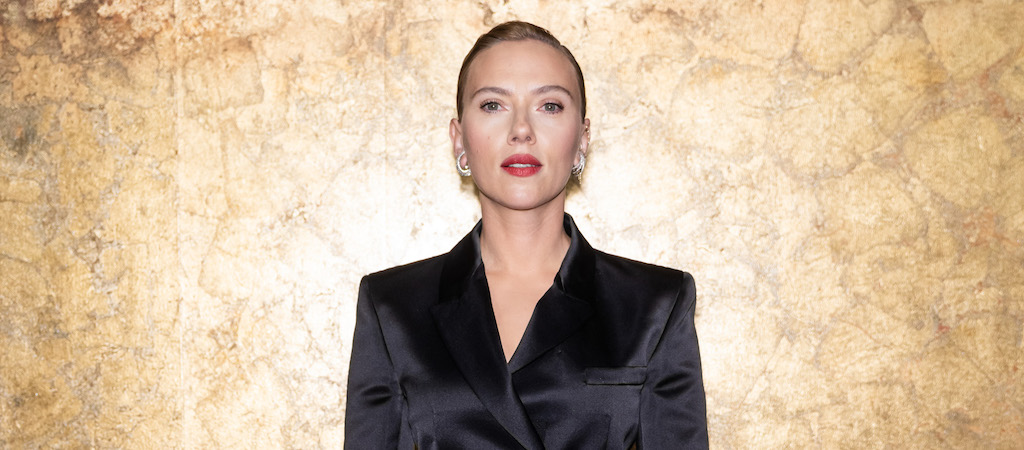
In March, OpenAI launched its latest product, ChatGPT-4, and a week ago, demonstrated a new voice model, nicknamed “Sky,” which many commenters observed sounded almost flirty — and very similar to Samantha, the virtual assistant voiced by Scarlett Johansson in Spike Jonze’s 2013 romance film Her. Unfortunately for OpenAI, it sounded a little too much like Johansson, who said in a statement that she was “shocked” and “angered” that the voice so closely resembled her own — especially after she had previously declined an invitation to voice Sky during its development.
In the statement, which was shared by NPR’s Bobby Allyn on X (formerly known as Twitter), Johansson revealed that recently ousted and reinstated OpenAI CEO Sam Altman contacted her with a request to voice ChatGPT-4. “After much consideration and for personal reasons,” she wrote, “I declined the offer.” However, she was alerted to the new Sky system by friends and relatives noting the similarities to her voice in Her, and reached out to Altman — who’d hyped the release of the product by posting the word “her” on X — asking for details about the product’s creation.
Sky has since been disabled, with OpenAI posting on X, “We’ve heard questions about how we chose the voices in ChatGPT, especially Sky. We are working to pause the use of Sky while we address them.” In an attached blog post, the company says the voice “belongs to a different professional actress using her own natural speaking voice,” and was designed to be “approachable” and “natural and easy to listen to.”
Statement from Scarlett Johansson on the OpenAI situation. Wow: pic.twitter.com/8ibMeLfqP8
— Bobby Allyn (@BobbyAllyn) May 20, 2024
We’ve heard questions about how we chose the voices in ChatGPT, especially Sky. We are working to pause the use of Sky while we address them.
Read more about how we chose these voices: https://t.co/R8wwZjU36L
— OpenAI (@OpenAI) May 20, 2024
You can read Johansson’s full statement below. Notably, Johansson has had some luck in taking on massive corporations in the past; Disney settled in her lawsuit over unpaid Black Widow royalties a couple of years ago.
“Last September, I received an offer from Sam Altman, who wanted to hire me to voice the current ChatGPT 4.0 system. He told me that he felt that by my voicing the system, I could bridge the gap between tech companies and creatives and help consumers to feel comfortable with the seismic shift concerning humans and Al. He said he felt that my voice would be comforting to people.
After much consideration and for personal reasons, I declined the offer. Nine months later, my friends, family and the general public all noted how much the newest system named “Sky” sounded like me.
When I heard the released demo, I was shocked, angered and in disbelief that Mr. Altman would pursue a voice that sounded so eerily similar to mine that my closest friends and news outlets could not tell the difference. Mr. Altman even insinuated that the similarity was intentional, tweeting a single word “her” -a reference to the film in which I voiced a chat system, Samantha, who forms an intimate relationship with a human.
Two days before the ChatGPT 4.0 demo was released, Mr. Altman contacted my agent, asking me to reconsider. Before we could connect, the system was out there.
As a result of their actions, I was forced to hire legal counsel, who wrote two letters to Mr. Altman and OpenAl, setting out what they had done and asking them to detail the exact process by which they created the “Sky” voice. Consequently, OpenAl reluctantly agreed to take down the “Sky” voice.
In a time when we are all grappling with deepfakes and the protection of our own likeness, our own work, our own identities, I believe these are questions that deserve absolute clarity. I look forward to resolution in the form of transparency and the passage of appropriate legislation to help ensure that individual rights are protected. ”
